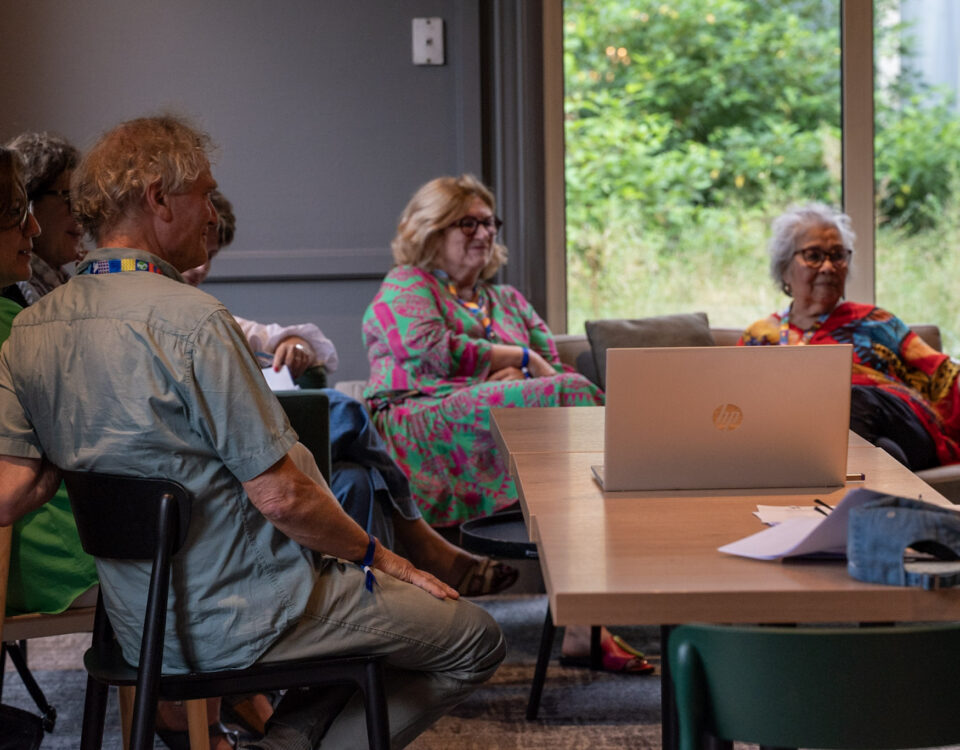
10 things Junior Branch did in 2019
December 22, 2019
Your CISV Experience: Programmes and Beyond
January 5, 2020When we changed the way we work, we concentrated our people and resources where our volunteers need them most – in our regions.
The Regional Delivery Team provides direct support, training, and troubleshooting to CISV National and Promotional Associations and Chapters in line with CISV International policies and strategies. If you need support or advice on any aspect of running your Chapter or programme, the best people to contact are our Regional Delivery Teams. These teams are the main interface between the international committees and Governing Board and CISV National or Promotional Associations and their Chapters.
The number of members and priorities within each Regional Team may differ in accordance with the needs of the Region. However, each team include experts and trainers in the area of their work who are led by two Coordinators, who will be the main contact. Our teams also provide input to CISV International based on direct experience with our local volunteers.
#1 Communication is the key
Regional Delivery Teams interact with all the different National Associations and have a lot of virtual communication with volunteers. Problems will arise, it’s each team’s responsibility to troubleshoot them. With 14 countries in our Asia-Pacific region, 13 in the Americas and 38 in Europe, Middle-East and Africa, understanding their culture, our processes and procedures are relayed to the teams to ensure continuous communication and the support others. Communication is very important if you want to have a successful team, programme or an event.
#2 People need trust, space, support and encouragement to develop.
Most of the work of Regional Coordinators is about developing team members and leading the work that must be delivered. Instead of dictating the way they want things done and measuring them against personal expectations, there are other ways: passing on a description of the work that needs to be done, making sure that people are confident in what they are doing, providing feedback which they can use constructively to improve for next time as well as a confidence boost that we appreciate all of their work, the time they put into it and the thought. If people feel out of their depth, unappreciated and micromanaged they won’t want to help in the future.
#3 Building on empathy and emotional bonds over teaching or training
Being part of a Regional Delivery Team means that each team member interacts with local volunteers directly through their role as trainers, promoters, NA advisors or support for the team. The ability of team members to empathise, relate, and build emotional bonds and friendships with our fellow volunteers is more important than to work as a teacher, facilitator, or trainer. Sometimes, we miss this in our Regional Training Forums (RTFs), the conversations we can create during our training, outside the sessions or through virtual communication is what we need to develop, grow, and change and contribute to the work our Regional Delivery Teams do.
#4 Experimenting with technology and space usage
The focus on the experiences of learners is much more impactful and lasts longer than focusing on content when we experiment with technology and space usage. Space usage and technology facilitates the core of the metagogy (rather than pedagogy and andragogy) to make learning continuous.
There are many tools to experiment with technology and space usage, we’ve detailed a few:
- Padlet Learners can edit the canvas easily and have a good look at what their fellow learners are doing. It can allow learners to post discussion questions and answers and even post their reflections.
- Experiment with ‘sharing tools’, whereby at the end of sessions, instead of using flipcharts to do sharing, you can try enforcing a no flipchart rule and you could end up creating collateral such as videos, using legos, clay, balloon sticks etc. to create metaphors and representations of what has ben learned. The idea over here is to enforce non-convenience into the metagogy.
- Articulate (360): articulate is surprisingly intuitive to use due to its Microsoft based user interface. It can help you create quizzes and eLearning platforms.
- Activities which also make up a core component of sessions (as usual), yet values-based activities in a safe environment facilitate really good conversations which lead to community building post learning.




